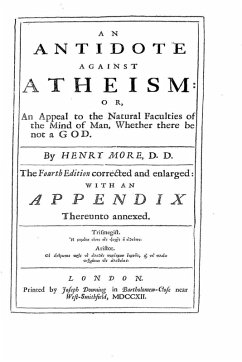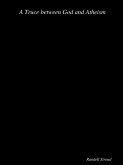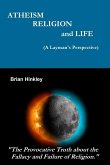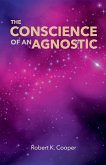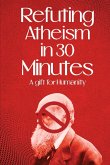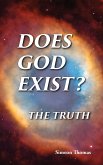More begins by borrowing Descartes' ontological proof God's existence, but he went on from there to consider other aspects of the fact that we have an "indelible" idea of God and, as Descartes showed, other innate ideas. This led him to consider, for example, the final cause of our idea of God, which in turn led him to consider our innate knowledge of good and evil. The first book is also concerned with the nature of the soul itself, in which More takes pains to persuade his reader that it is distinct from the substance of the body, and that the body is completely incapable not only of thought, without the incorporeal soul, but also of movement. The second book develops the argument from design to oppose atheism, and the third is a rehearsal of various phenomena as evidence for the existence of an immaterial realm. More builds up a picture of immaterial spirit as the only substance capable of spontaneous activity, and insists that inert matter is incapable of explaining all physical phenomena on its own.
Bitte wählen Sie Ihr Anliegen aus.
Rechnungen
Retourenschein anfordern
Bestellstatus
Storno

